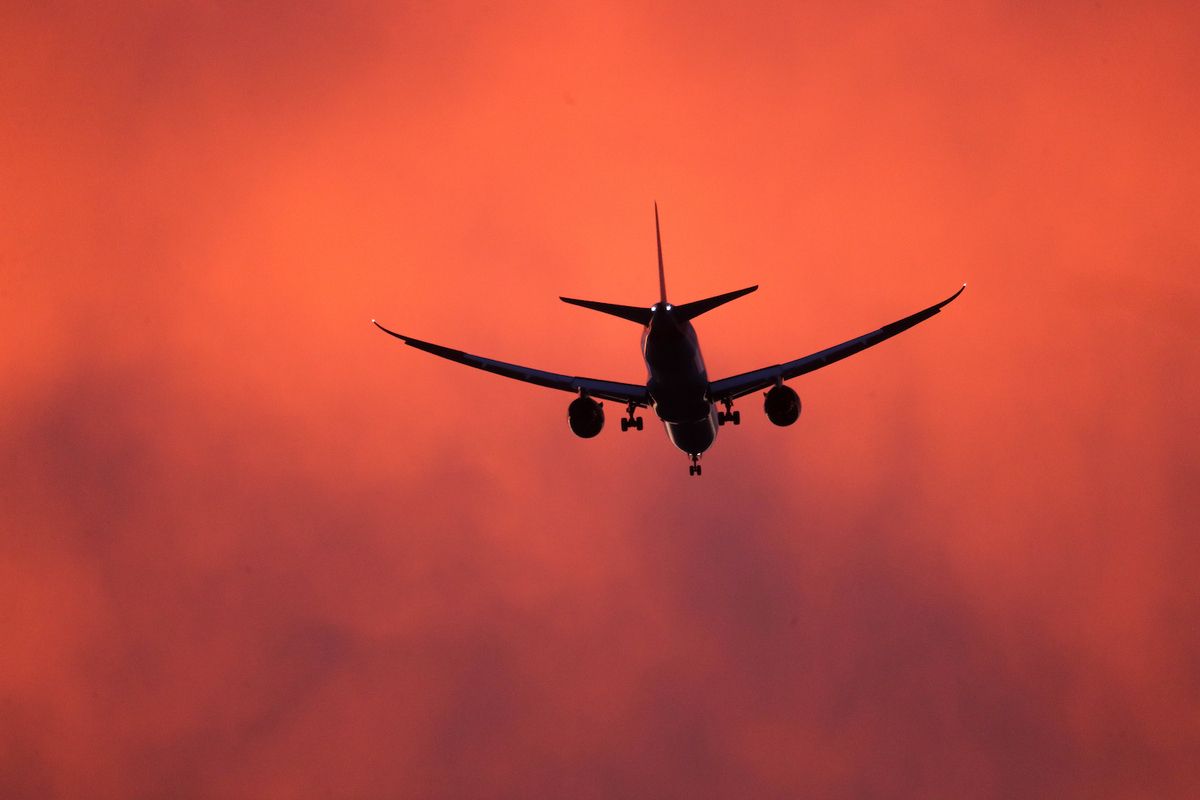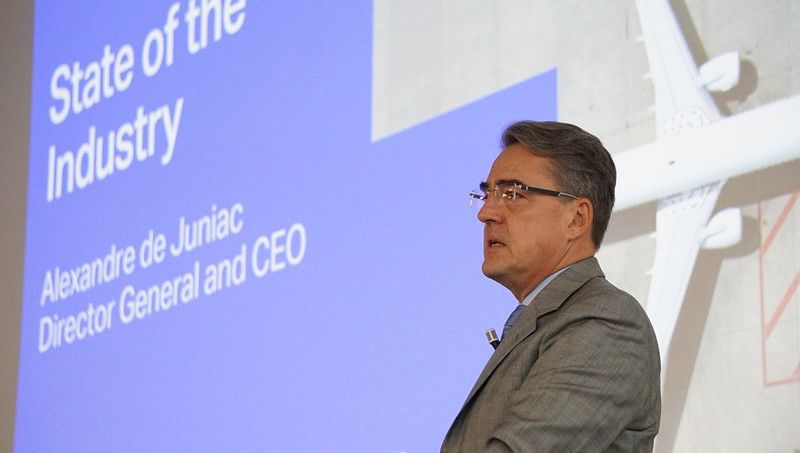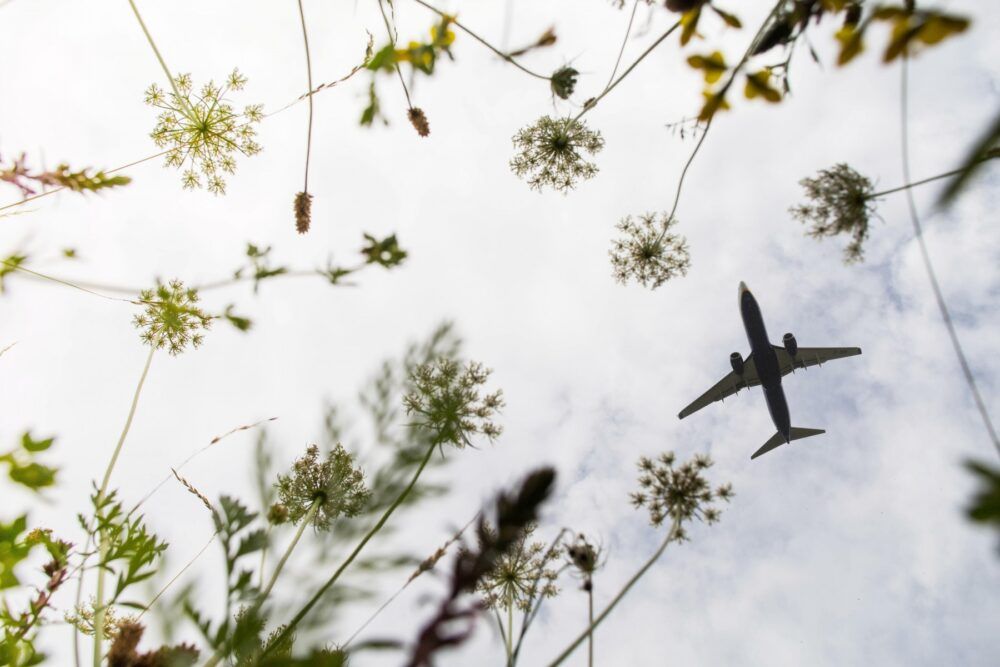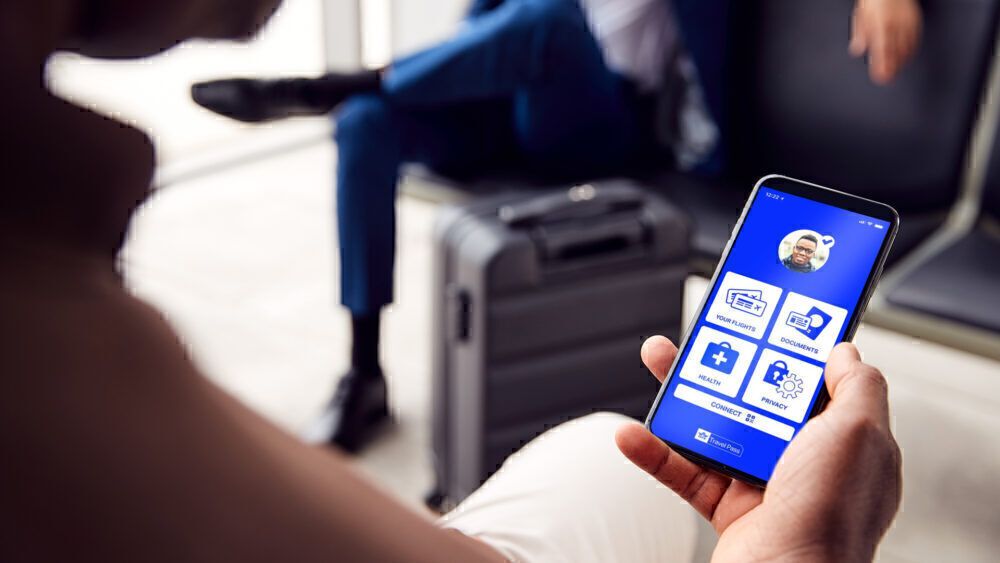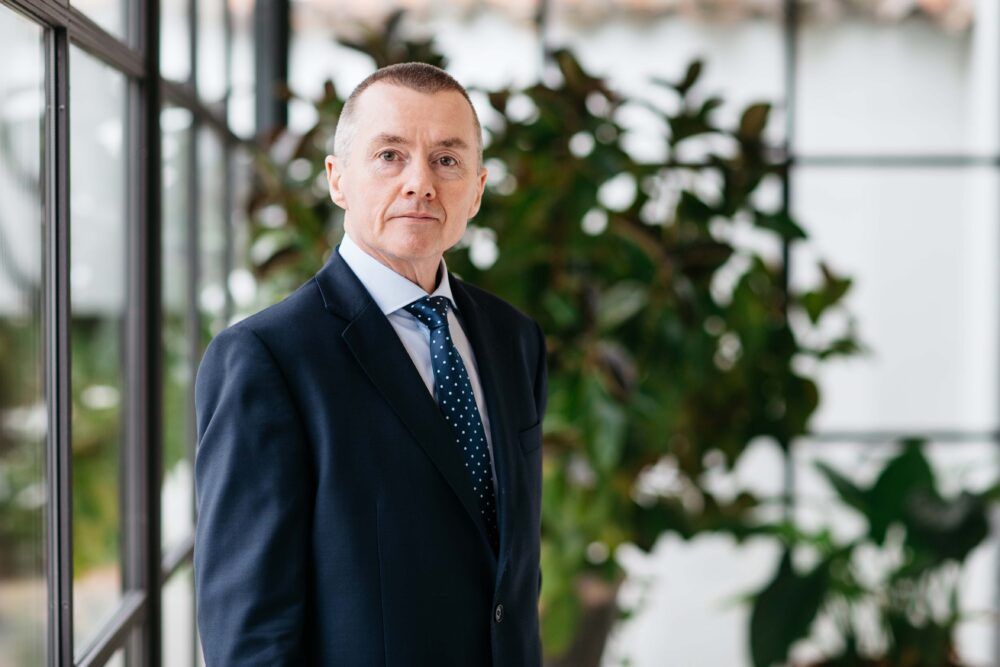The Chief Executive and Director General of the International Air Transport Association (IATA), Alexandre De Juniac, is preparing to step down at the end of the month. Filling his shoes will be ex-IAG boss Willie Walsh. Today, De Juniac hosted a final briefing with members of the press.
A final press briefing
Today was an emotional day for anyone close to IATA. Having led the regular press briefings throughout the ongoing crisis, Director General and CEO Alexandre De Juniac held his final presentation today. He said,
“This will be my last briefing. At the end of the month, I will hand over to my successor Willie Walsh.”
De Juniac has proven to be a formidable leader in the aviation industry. With decades of experience, including as CEO of Air France and later Air France-KLM, he has spearheaded IATA through some key moments in the industry’s development.
As IATA prepares to wave goodbye to De Juniac after five years in post, the CEO reflected on his time at IATA, and the moments in his career that will stay with him long-term.
De Juniac’s ‘darkest hour’
Alexandre reflected during the press briefing on what has proven to be aviation’s most difficult year yet. While noting that there have been multiple challenges over the past 12 months, he noted that it was the realization of the extent of the crisis that proved his most worrisome time.
“My darkest hour was probably when I realised, at the end of February, that the crisis would go far beyond the borders of China and Asia. It would be a world crisis, or a type that was previously unknown. I knew we had to completely shift our way of thinking, of acting, of behaving and move into a crisis mode for a crisis that, even if I was slightly more optimistic that it wouldn't last too long, that it would be a terrible one.
“The globalised world that we knew disappeared in a fraction of weeks, of days, very quickly. That was really difficult.”
Many proud moments
De Juniac was asked to recount his proudest moments during his five years at IATA. He said,
“I have several because this organisation is very effective, efficient. It's a kind of role model for any trade association and any Industry Association.
“First of all, the adoption of CORSIA, which is, of course, coming from everywhere in the world, but IATA has been instrumental in that.”
CORSIA is a carbon emissions offsetting scheme, which was agreed by 192 countries in 2016 through the United Nations. It aims to make all growth in aviation post-2020 carbon neutral. De Juniac continued,
“Secondly, the way we have convinced governments during the crisis that the sector was so critical that they needed to intervene massively. And they did.
“And the way we have anticipated many things during the crisis. We prepared for the restart already at the end of March 2020 to the restart of the industry. This anticipation capacity and what we have said publicly has been critical, and I am very proud of that.”
IATA has been one of the loudest voices in aviation through the worst year in its history. Under De Juniac’s leadership, the industry has solidified its relationship not just with airlines and aviation professionals, but also with international governments and global leaders.
Its Travel Pass is seen as one of the top solutions to restarting travel, and is already being trialed with several airlines worldwide.
The challenges for Walsh
Incoming Director General of IATA, Willie Walsh, is an aviation veteran with a similarly impressive track record. From his days as a pilot for Aer Lingus at the tender age of 17, he rose through the ranks to become COO of the airline, and later CEO.
After a brief stint with Virgin Atlantic, he moved to British Airways, taking the CEO position in October 2015. Having overseen some key moments in the airline’s history, including the merger with Iberia forming IAG and the joint business agreement with American Airlines, he became chief executive of IAG in 2011.
Now, having retired from IAG last September, Walsh is preparing to take the DG position over from De Juniac at IATA. We asked De Juniac what the biggest challenge was facing Walsh as he takes the lead at the Association. He said,
“He is better placed to answer that question, but as viewed from my position, I think it is to successfully and quickly restart this industry. And that's the short-term issue. In the long run, it is to ensure that we maintain, develop and consolidate our commitments towards sustainability and the environment.”
For De Juniac, the future is an open door. While his retirement would be a great loss to the aviation industry, taking a break at this point in his busy career would be more than understandable. However, the outgoing IATA boss would not be drawn on his future plans, saying simply,
“If I could tell you, I would, but I cannot. It’s not totally clear.”
While Walsh will be welcomed both at IATA and in the wider industry, he certainly has some big shoes to fill.

